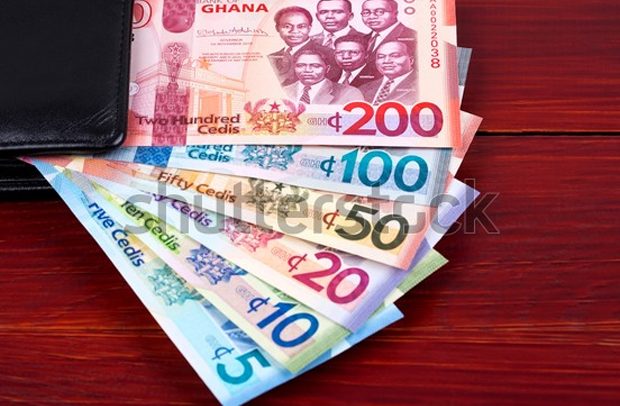For a couple of weeks now, the cedi has been dancing to the tune of speculators, including traders, dealers in foreign currencies and politicians.
Many years ago, when the cedi faced similar challenges, the people were asked to settle their bills when they bought food, to avoid price changes after their meals. Our cedi, since the First Republic, has never been a convertible currency, so it always danced to the tune of speculators, making the cost of doing business very high and the cost of living quite unbearable.
When the cedi depreciation begins to bite all sections of the society, the business people and the politicians blame the duty bearers for our woes. We prefer to pass the buck instead of all joining hands to resolve the challenges. Those who visit the central business districts of the major districts are greeted with the spectacle of table top trading in all kinds of foreign currencies. These kind of business activities by black marketeers, defy basic regulations in foreign currency transactions, but the authorities including national security operatives look on helplessly.
Most of the people shouting on roof tops claiming the high exchange rate was killing their businesses are very familiar with international best practices. Nowhere in so-called civilised societies are the business people allowed to deal in foreign currencies like it happens in most of the West African countries, including Ghana.
This week, a group calling itself the Ghana Federation of Traders served notice on the government to halt the free fall of the cedi immediately to avoid the collapse of their businesses.
The spokesman of this group, Kwaku Boateng, lamented the challenges citing the increasing cost of freight from places such as South Korea. The business community is very familiar with best practices on the international stage, yet members of the trading group find it convenient to trade for foreign currencies on the streets of Cow Lane, Tudu and Zongo Lane to “buy” dollars instead of heading for the commercial banks or the forex bureau.
Members of the business community prefer to trade on the black market instead of the regulated market by the Bank of Ghana, thus putting pressure on the cedi.
We have said time and again that until Ghanaians take collective responsibility for the country’s woes, we would continue to grope in the dark looking for solutions to our economic woes. Those familiar with the vicinity around the Airport Police Station near the Kotoka International Airport in Accra come face to face with black marketeers openly displaying dollars, pounds and euros. While this brisk business goes on in the open, personnel of Ghana Police and the Customs Division of the Ghana Revenue Authority (GRA) behave like they are unaware of the campaign slogan of National Security “see something, say something.”
We have acquiesced to the activities of these nation wreckers, sadly. We believe that these operators of the black market scheme, have the support of bank officials who have personal stake and gain from the free fall of the cedi.
Today, the opposition NDC try to poke fun at Vice President Mahamudu Bawumia, who is also the flagbearer of the NPP for stating boldly in 2016 that “when the fundamentals are weak, the free fall of the cedi would expose you.”
The Vice President, we think, hit the nail right on the head, except that the NPP was not able to deal with the weak fundamentals of allowing table top trading in foreign currencies in these modern times. In serious countries such as South Africa, no visitor dares look for the black market to “buy” dollars or the rand.
Indeed, no such black market exists, and dollar trading is not permitted in any shop in Johannesburg or anywhere in South Africa. What is fuelling the free fall of the cedi can be attributed to the weak regulatory framework.


